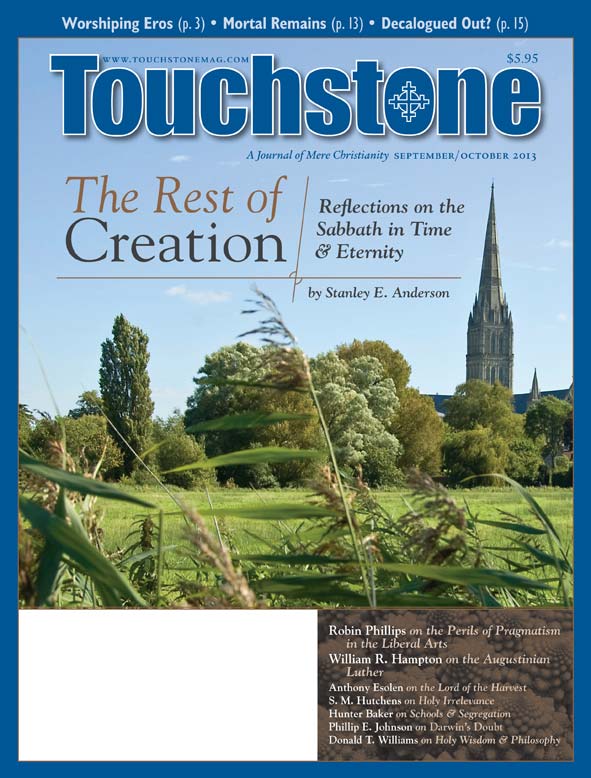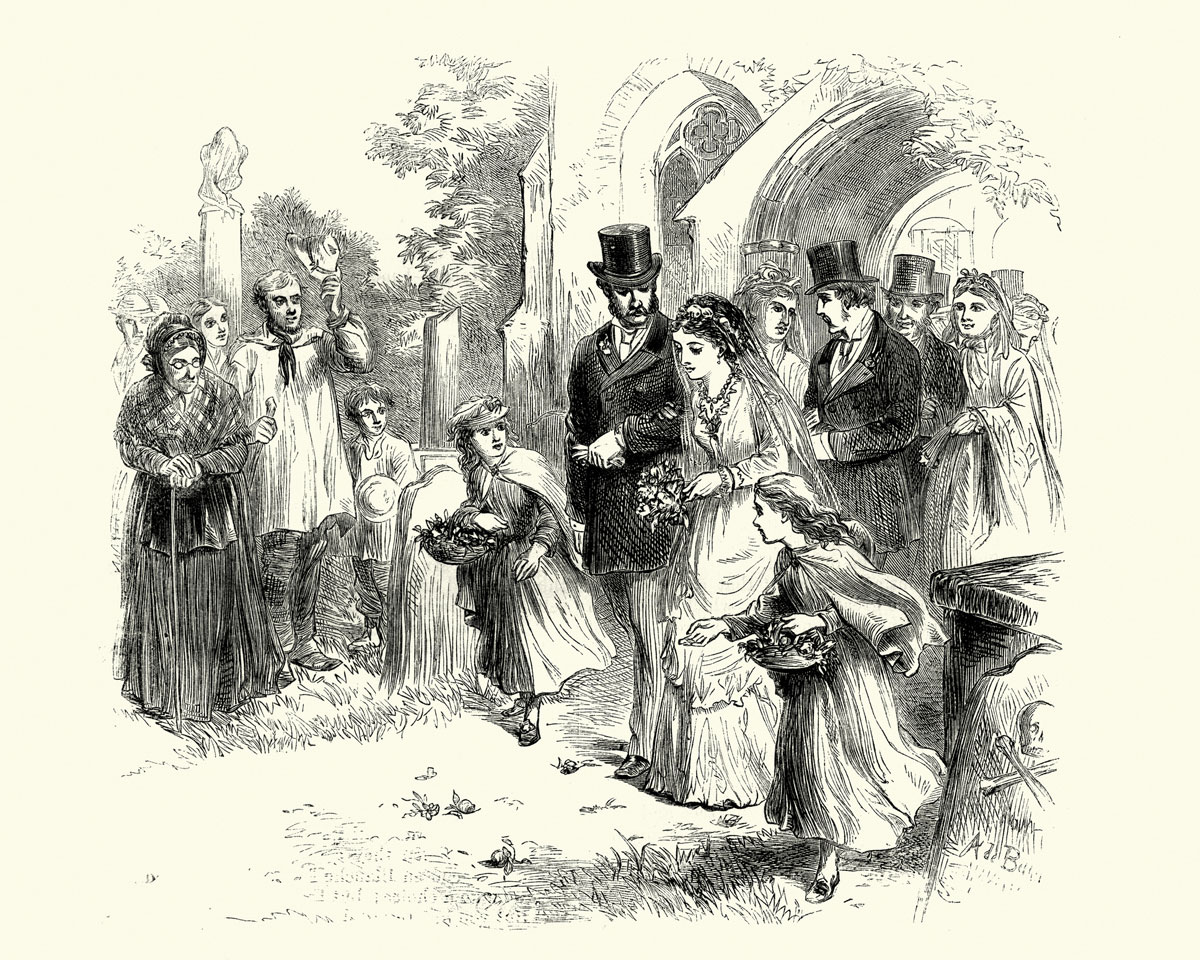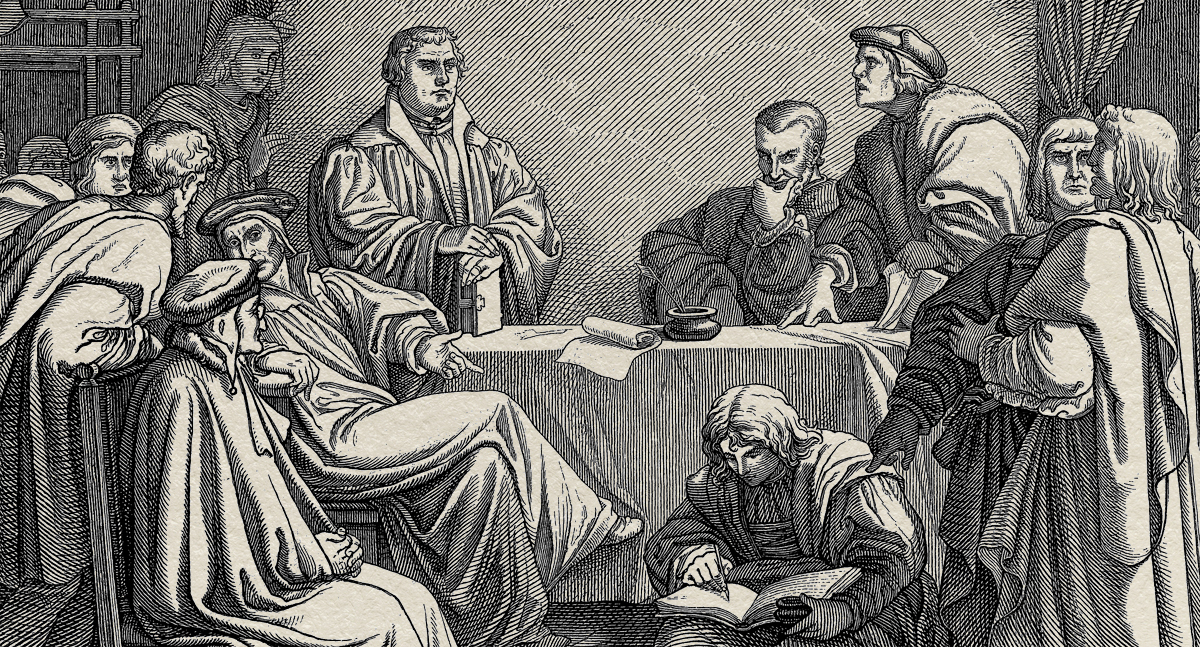Column: Contours of Culture
Communicable Dis-ease
Fundamental to our nature is the fact that we communicate. God speaks; as his image-bearers, so do we. God is a community of persons; we were made to live and can thrive only in community, to know who we are by virtue of communicative relations with others. Because communication and community are so basic to our existence and our sense of identity, technologies that enable and direct how we communicate can have a powerful effect on how we imagine who we are.
All technologies shape the way we engage with things and people, and they thus encourage certain ways of understanding things and people. Technologies do not just enable us to perform tasks; they work on our imaginations. They give us metaphors for understanding that shape our experience and our desires. They also establish patterns of everyday practice that arrange our perception of reality. And often, if we perceive things in certain ways, we easily begin to conceive of them in certain ways. This is why communications technologies—gadgets and systems of gadgets that structure our giving and receiving of ideas and experiences, that mediate the world to us—have such a powerful impact in shaping our culture.
Typically, Christians have worried about the explicit content that communications technologies mediate. And so when they grumble about the pernicious effects of "the media," they are concerned about the popularizing of certain ideas. They are much less aware of the ways in which—long before problematic content comes to the surface—living in a mediated world affects our consciousness and sense of identity in deep and far-reaching ways.
Flattery & Options
There are few books that explore these effects with more insight and energy than Thomas de Zengotita's Mediated: How the Media Shapes Your World and the Way You Live in It. De Zengotita dissects a wide range of cultural life: from mean girls in middle school, to teenagers with a narcissistic sense of entitlement, to baby boomers in denial about the inevitability of death, to the ubiquitous assumption that niceness is the noblest virtue and empowerment the highest good. Throughout, he discerns the profile of the mediated self: a restless consumer of infinite options, bedazzled by means of communication but bereft of confidence about ends.
One of de Zengotita's most astute perceptions concerning the confectionary spirit of our age—glossy on the outside, hollow through and through—is that we live in a fog of flattery. We are constantly being addressed; like premodern potentates, our attention is routinely demanded in a manner that amplifies a sense of agency and power. Click here, download this, upgrade that, there's an app for that, tune in tomorrow. For some, it's an exhausting chore, but for many, it's an exhilarating rush.
As de Zengotita parses it, it's all about flattery and options. "Mobility among the options in a virtualized environment gives to human freedom a new and ironic character. You are completely free to choose because it doesn't matter what you choose. That's why you are so free. Because it doesn't matter."
Solidities Transcended
Mediated is more an exploratory essay than a sustained argument. Each chapter features vignettes from the phenomena of everyday life from which de Zengotita draws almost sacramental meaning. But rather than representing higher realities, these everyday experiences seem to confirm the absence of reality. Living in the physical world involves fixed structures and boundaries. Mass. Gravity. Inertia. The virtual world of mediated life is a world of lightness and gentleness.
The muted, gliding, plasmic poofs and puffs and pings of desktop alias and window behavior, the rippling minimalism of point-and-click transactions, the murmur of shuffling e-mails—it's all so easy, so you do more, more checking to see, more forwarding, more CCing, more browsing; it's all so easy, so insulated, compared with actual human encounters and the clumsy stubbornness of implements and furnishings in the physical realm, things you have to handle, things with weight, things that have other sides, things that insist on being what they are.
Ken Myers is the host and producer of the Mars Hill Audio Journal. Formerly an arts editor with National Public Radio, he also serves as music director at All Saints Anglican Church in Ivy, Virginia. He is a contributing editor for Touchstone.
subscription options
Order
Print/Online Subscription

Get six issues (one year) of Touchstone PLUS full online access including pdf downloads for only $39.95. That's only $3.34 per month!
Order
Online Only
Subscription

Get a one-year full-access subscription to the Touchstone online archives for only $19.95. That's only $1.66 per month!
bulk subscriptions
Order Touchstone subscriptions in bulk and save $10 per sub! Each subscription includes 6 issues of Touchstone plus full online access to touchstonemag.com—including archives, videos, and pdf downloads of recent issues for only $29.95 each! Great for churches or study groups.
Transactions will be processed on a secure server.
more from the online archives
calling all readers
Please Donate
"There are magazines worth reading but few worth saving . . . Touchstone is just such a magazine."
—Alice von Hildebrand
"Here we do not concede one square millimeter of territory to falsehood, folly, contemporary sentimentality, or fashion. We speak the truth, and let God be our judge. . . . Touchstone is the one committedly Christian conservative journal."
—Anthony Esolen, Touchstone senior editor









